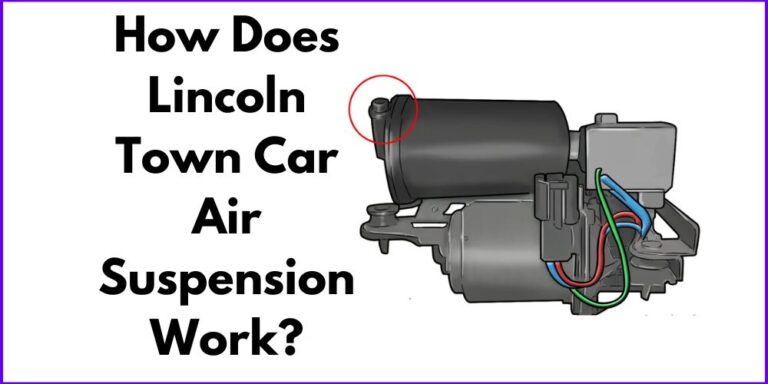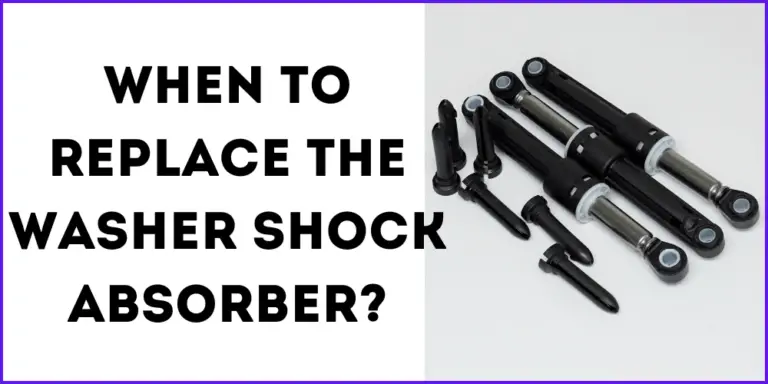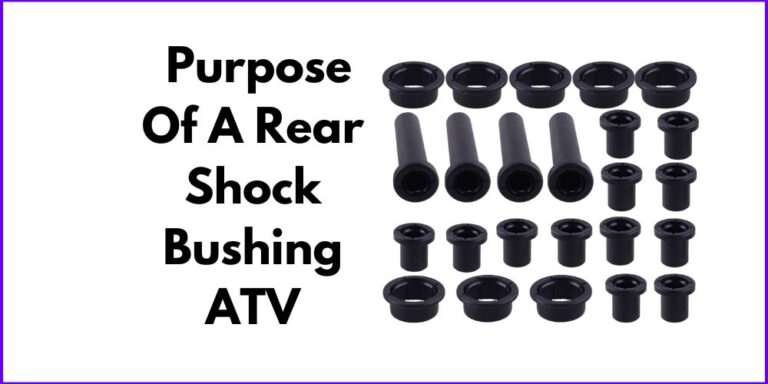When it comes to maintaining your vehicle, one often overlooked component is the shock absorber. These unsung heroes play a vital role in your car’s suspension system, absorbing the impact of bumps and uneven terrain to ensure a smooth and comfortable ride. Without them, your car would bounce and jostle on the road, making it difficult to drive and potentially causing damage to other parts of the car.
There are two types of shock absorbers commonly used in vehicles today: gas and hydraulic. While they both have the same purpose, they work in slightly different ways and have different advantages and disadvantages.

In this blog post, we will delve into the world of shock absorbers to discuss the differences between gas and hydraulic shock absorbers, as well as how they work, the pros and cons of each, and which type might be best for your car. So, whether you’re a car enthusiast or just looking to maintain your vehicle, keep reading to learn all about shock absorbers.
How Gas Shock Absorbers Work
Gas shock absorbers work by using pressurized gas, typically nitrogen, to help dampen the movement of the suspension. The gas is enclosed within the shock absorber and works in conjunction with a piston and oil to absorb the impact of bumps and other road imperfections. As the suspension moves, the piston moves up and down within the shock absorber, compressing and decompressing the gas. This compression and decompression help to absorb the energy from the bumps, providing a smoother ride.
Advantages of Gas Shock Absorbers:
- Improved handling: Gas shock absorbers provide additional support to the suspension, making it more responsive and stable on the road. This improved handling can result in a more enjoyable driving experience and can also help to improve the overall performance of the vehicle.
- Better performance in extreme temperatures (hot and cold): The pressurized gas inside the shock absorber helps to keep the oil inside the shock absorber from foaming, which can happen in hot temperatures. This can help to improve the performance of the shock absorber in hot weather and can also prolong the life of the component. In cold temperatures, the pressurized gas can help to prevent the oil from thickening and causing a decrease in performance.
- Provide additional support to the suspension making it more responsive and stable on the road: The pressurized gas inside the shock absorber provides additional support to the suspension, making it more responsive and stable on the road. This can provide better handling and a more enjoyable driving experience.
- Prolong the life of the component by preventing oil foaming: The pressurized gas inside the shock absorber helps to prevent the oil from foaming, which can cause damage to the component and decrease its performance.
Disadvantages of Gas Shock Absorbers:
- Potential for leakage: The pressurized gas inside the shock absorber can escape if the seal is damaged or if there is a puncture in the component. This can lead to a loss of performance and can also be dangerous if the gas is released into the environment.
- Higher cost compared to hydraulic shock absorbers: Gas shock absorbers tend to be more expensive than hydraulic shock absorbers, which can be a significant consideration when it comes to maintaining or replacing the components.
- Can be dangerous if the gas is released into the environment in case of leakage or puncture: If the gas is released into the environment, it can be dangerous for the people and the environment. Also, the leakage of the gas will cause a loss of performance and can lead to damage to the shock absorber.
- Heavier than hydraulic shock absorbers: Gas shock absorbers are heavier than hydraulic shock absorbers which can affect the overall weight of the vehicle. In some cases, it can also affect the fuel efficiency of the car.
- Special handling and maintenance: Gas shock absorbers might require special handling and maintenance, as they have pressurized gas, which can make them more delicate and sensitive than hydraulic shock absorbers.
However, gas shock absorbers offer improved handling and better performance in extreme temperatures, but they also have a potential for leakage and higher cost. It’s important to weigh the pros and cons and decide which type of shock absorbers will best suit your needs and budget.
How Hydraulic Shock Absorbers Work
A shock absorber is a mechanical device that controls the movement of a car’s suspension. When a car goes over a bump, the spring in the suspension compresses, and the shock absorber helps to control the rebound of the spring. In a hydraulic shock absorber, a piston that moves through a cylinder filled with oil controls this rebound.
When the piston moves up and down, the oil flows through small holes in the piston, which creates a damping effect that slows down the movement of the suspension. This helps to make the ride more comfortable and reduces the amount of bounce and sway in the car.
Advantages of Hydraulic Shock Absorbers
- Lower cost: hydraulic shock absorbers are less expensive than gas shock absorbers.
- Less maintenance required: hydraulic shock absorbers do not require any special maintenance or adjustments, making them easier to take care of.
- Durable: hydraulic shock absorbers are more durable than gas shock absorbers, as there are fewer moving parts that can break or wear out.
Disadvantages of Hydraulic Shock Absorbers
- Potential for fluid leakage: because hydraulic shock absorbers contain oil, there is a risk of leakage if the seals around the piston are damaged.
- Decreased performance in extreme temperatures: hydraulic shock absorbers can become less effective in extremely cold or hot temperatures, which can cause the oil to thicken or thin and affect the damping effect.
- Less performance improvement: Hydraulic shock absorbers tend to provide less performance improvement than gas shock absorbers.
Overall, while hydraulic shock absorbers have some disadvantages, they are a reliable and cost-effective option for many vehicles. However, it is important to keep in mind that the type of vehicle and driving conditions will play a role in determining which type of shock absorber is best for your car.
Gas vs. Hydraulic Shock Absorbers
| Feature | Gas Shock Absorbers | Hydraulic Shock Absorbers |
|---|---|---|
| Performance | Improved handling and better performance in extreme temperatures | Durability and reliability |
| Cost and Maintenance Requirements | More expensive but requires less maintenance | Less expensive but requires more frequent maintenance and fluid changes |
| Suitable for | High-performance driving or off-roading | Daily commuting or long-distance driving |
Gas shock absorbers are known for their improved handling and better performance in extreme temperatures. They use a sealed nitrogen gas inside the shock absorber to provide consistent damping force, which can make a significant difference when driving on rough or uneven terrain, or when taking sharp turns at high speeds. However, gas shock absorbers tend to be more expensive than hydraulic shock absorbers and require less maintenance.
Hydraulic shock absorbers, on the other hand, are known for their durability and reliability. They use a piston and cylinder filled with oil to absorb the impact of bumps and uneven terrain. The oil helps to dampen the movement of the piston, which in turn helps to smooth out the ride. Hydraulic shock absorbers are also less likely to be affected by changes in temperature, which can make them a better choice for vehicles that are driven in extreme temperatures. However, they are less expensive but require more frequent maintenance and fluid changes.
It’s important to consider the specific needs and usage of your vehicle when deciding which type of shock absorber is best for your car. For high-performance driving or off-roading, gas shock absorbers may be the best choice. For daily commuting or long-distance driving, hydraulic shock absorbers may be the better choice. It’s also important to consult with a mechanic or professional for personalized advice on which type of shock absorber may be best for your car.







